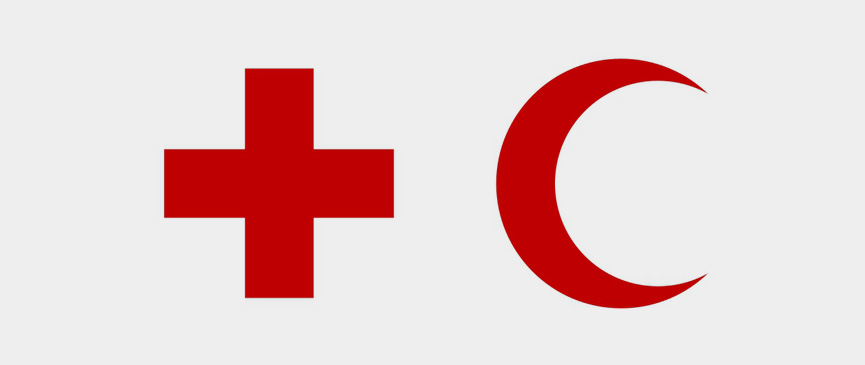You are in:
Laureates
Start of main content
International Red Cross and Red Crescent Movement
Prince of Asturias Award for International Cooperation 2012

The International Red Cross and Red Crescent Movement is considered the largest humanitarian network in the world. Its mission is to prevent and alleviate human suffering, protect life and health and ensure respect for people in times of armed conflict and other emergencies. The germ of the Red Cross was conceived when Henry Dunant, following the Battle of Solferino (Italy) in 1859, organised people to help more than 40,000 people who lay dead or wounded without any medical attendance or basic care. He consequently proposed the creation of national relief societies to care for those wounded in the field, thus pointing the way to the future Geneva Conventions.
The International Movement soon evolved towards its three current lines of work: humanitarian aid to victims of armed conflicts, humanitarian aid to victims of natural and other types of disasters in peacetime and preventive action in favour of social welfare and quality of life.
The Red Cross came into being in 1863 when five Geneva citizens, including Dunant, founded the International Committee for Relief to the Wounded, which was later to become the International Committee of the Red Cross. The following year, 12 governments adopted the first Geneva Convention guaranteeing aid to the wounded on the battlefield and defining medical services as “neutral”. Henry Dunant’s work was recognized in 1901 with the first Nobel Peace Prize, which he shared with Frédéric Passy.
The International Red Cross and Red Crescent Movement, present in 186 countries and supported by over 100 million members and volunteers, is composed of the International Committee of the Red Cross (ICRC), the International Federation of Red Cross and Red Crescent Societies and 187 National Societies. Each of these has an independent legal identity, structure and mandate, although they all share seven basic principles: humanity, impartiality, neutrality, independence, voluntary service, unity and universality.
They meet every two years in what is known as the Council of Delegates, a forum that examines the strategy of the Movement, discusses global humanitarian issues, studies strategic issues and takes decisions. This Council is not a governing body as such, as the Movement has no central command, although it does have a deliberative body: the International Conference of the Red Cross and Red Crescent. The International Conference meets every four years, irrespective of whether it may be convened at other times, and brings together representatives of the three components of the Movement and the 194 States parties to the Geneva Conventions, as well as observers from other humanitarian organisations and the United Nations. The Standing Commission organises these conferences and is the trustee of the International Conference during the time between any two conferences.
The Movement confers the Henry Dunant Medal, the highest award in recognition of outstanding service and acts of great devotion made by one of its members to the Red Cross and Red Crescent cause. The first of these medals were bestowed in 1969. It also edits its own journal, the Red Cross, Red Crescent Magazine, which addresses issues of interest in the humanitarian field.
End of main content
Sección de utilidades
Fin de la sección de utilidades
- Legal document Legal document (Access key 8)
- | Privacy policy Privacy policy (Access key )
- | Social networks ???en.portal.pie.menu107.title???
- | Cookies ???en.portal.pie.menu110.title???
- | Site map Site Map (Access key 3)
- | Contact Contact (Access key )
- | XHTML 1.0
- | CSS 2.1
- | WAI 'AA
© Copyright 2024. FUNDACIÓN PRINCESA DE ASTURIAS
 Minutes of the jury
Minutes of the jury


